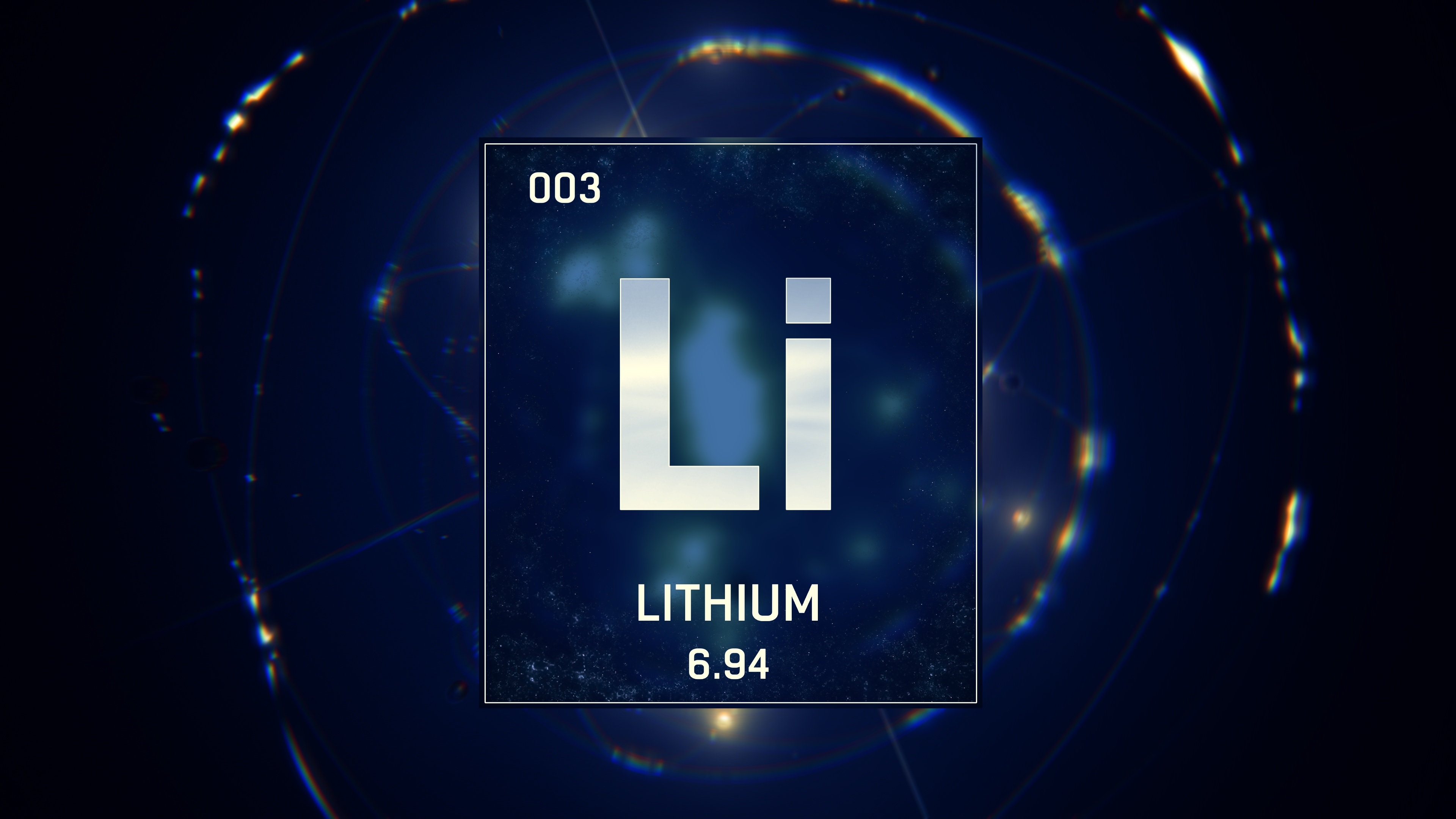CleanTech Lithium (CTL) , a Chile-focused lithium explorer, announced results from its recently completed scoping study for its second project in Chile at Francisco Basin.
The study was based on annual production of 20,000 tonnes of battery-grade lithium carbonate (LCE) for a period of 12 years, based largely on existing Indicated resources. The scoping study calculated net cashflows of US$2.5 billion to be generated over the period with an operating cost of US$3,641/tonne of LCE.
Post-tax NPV was US$1.1 billion at a discount rate of 8%, post-tax IRR was 43.5% and the payback period was 2 years and 7 months, based on a long-term lithium carbonate price of US$22,500 per tonne from 2028. Capital expenditure was estimated at US$450m assuming a direct lithium extraction (DLE) plant using Sunresin Materials' existing DLE technology, including 20% contingency.
The study assumed production would commence in 2027 as Francisco Basin is expected to take an additional year compared to CleanTech Lithium's flagship Laguna Verde project, which is on schedule to begin production in 2026.
CleanTech plans to undertake another resource drill programme at Francisco Basin in Q4 2023 to further upgrade the current resource estimate, which is 0.92 million tonnes of (LCE) at 207mg/L lithium. This could also extend the project's 12-year production period. A pre-feasibility study is then expected in H2 2024.
View from Vox
Good numbers from CleanTech Lithium's anticipated scoping study for Francisco Basin, reaffirming the project's strong economics and potential for future expansion. The study reassured CTL investors in the project's potential returns, with an attractive post-tax NPV of US$1.1bn, an IRR of 43.5%, a short payback time of 2 years and 7 months, and low operating costs of US$450m. Moreover, the study established robust ESG credentials for the project, a critical advantage for the EU market.
Francisco Basin's ESG credentials are underpinned by CleanTech's usage of DLE or Direct Lithium Extraction technology. DLE is a greener method of extracting lithium from brine, which minimises aquifer depletion and has a smaller geographical footprint than conventional evaporation brines. CleanTech also intends to power its DLE plant with 100% renewable energy.
Looking ahead, further resource drilling will commence in Q4 2023 to upgrade the existing 0.92 Mt LCE resource and the 12-year life of mine accordingly, to be followed by a pre-feasibility study next year and production by 2027. So far, data supports the potential for Francsico Basin to become a major supplier of battery-grade lithium to European and US markets with a very low carbon footprint. Combined with Laguna Verde's scoping study, CleanTech currently has a total NPV of nearly US$3 billion and an IRR of more than 43% for each project.
Overall, CleanTech's work programmes so far have revealed a compelling investment case based on a 2.7 million tonnes of LCE resource. The company remains well-funded with £12.4m in the bank at year-end following October's fundraise. In the likely event that the Chilean government enters a partnership with CleanTech, we expect significant near-term upside as the company's two projects are streamlined toward production by 2027.
Follow News & Updates from CleanTech Lithium:

